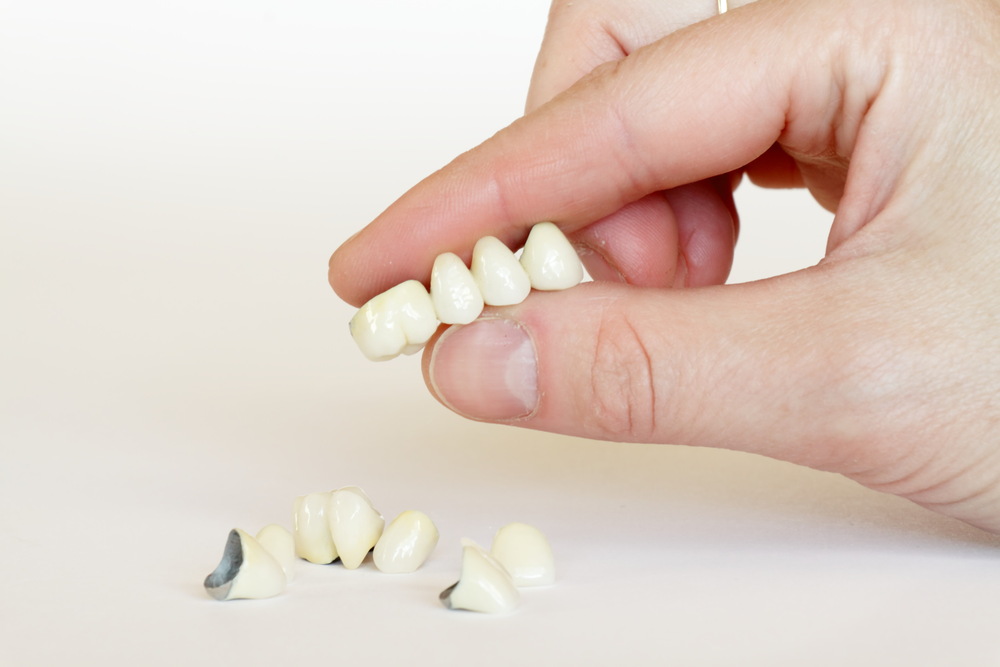People who have lost teeth frequently choose the dental bridges near you as a means of smile restoration. Abutments, or neighbouring teeth, serve as anchors for the pontic, or fake teeth, that make up a bridge. A dental bridge replaces missing teeth in an aesthetically pleasing and practical manner.
The formation of voids beneath bridges is one potential problem. Bacteria that create acid and destroy tooth enamel cause cavities under the bridges. Given that the bridge protects the tooth or teeth in question, finding cavities that develop beneath bridges might be challenging. As the cavity progresses over time, it may result in severe damage, infection, and the requirement for more dental work.
Signs You May Have Decay Under Your Bridges
To safeguard your teeth and avoid serious illness, finding cavities under your bridges is crucial as soon as possible. Finding such a cavity creation with the bridge on top can be challenging, though. Several of the warning symptoms of a cavity beneath your bridge have:
- A tooth with a cavity under a bridge may turn discoloured, either darker or lighter than the neighbouring teeth. It could also be a sign of dental decay.
- Additionally to producing an unpleasant odour, cavity-causing bacteria can also create foul breath. Halitosis that lasts for a long time may indicate dental deterioration under your dental bridge.
- Untreated cavities under bridges can weaken the abutment teeth, resulting in a bridge becoming loose or shifting. You should call our dentist immediately to make an appointment if your bridge feels unstable or flimsy.
- It may indicate a cavity if you feel discomfort or sensitivity in the vicinity of your bridge. Biting down, eating hot or cold food, or drinking acidic liquids may cause discomfort.
- You could occasionally notice little dents or holes on the surface of the impacted tooth. You might see them when you look in the mirror and study your mouth.
- You must get in touch with our dentist for a diagnosis if you encounter these symptoms. Early cavity detection and process can help prevent additional harm and more involved dental procedures.
How are Bridge Underbridge Cavities Handled?
Different procedures can be used to cure cavities under dental bridges depending on how severe the decay is and how much damage has been done. Occasionally, the bridge must be removed so that our dentist may treat the tooth or teeth that are hurting.
A few of the remedies that our dentist might suggest are listed below:
Root Canal – A root canal treatment may be required if the cavity has reached the tooth’s root. During this operation, our dentist will remove the contaminated tissue from the tooth’s root canals and pulp chamber. After the root canal is finished, the tooth will be sealed with a dental filling.
Extraction – If the tooth’s erosion is too severe to be saved, extraction may be required. For a new dental restoration, like a dental implant or a new dental bridge, removing the bridge and the abutment teeth is also necessary.
Dental Filling – Our dentist might be able to seal the cavity with a dental filling if it is quite tiny and hasn’t reached the tooth’s root. The bridge will be cemented back into place after the decayed area of the tooth is removed, and the cavity is filled with a tooth-coloured composite material. Early cavity detection is the best course of action.
How to Prevent Cavities From Forming?
You can look after your dental bridge by practicing proper oral hygiene and using fluoride toothpaste as our dentist in Waterloo advises. You can clean the difficult-to-reach places under the bridge where food particles and bacteria might collect with an interdental brush or water flosser. Using these, you can reduce the increase of bacteria and stop cavities from forming.
Avoid foods and beverages containing a lot of sugar because they can cause dental damage. Instead, pick a wholesome, balanced meal rich in whole grains, fruits, and vegetables.
Reach Out to Our Dentist for Help
Schedule a consultation with Harmony Dental Care and learn in-depth regarding dental bridges and how to maintain them. Our team is dedicated to aiding patients with their smile goals.

